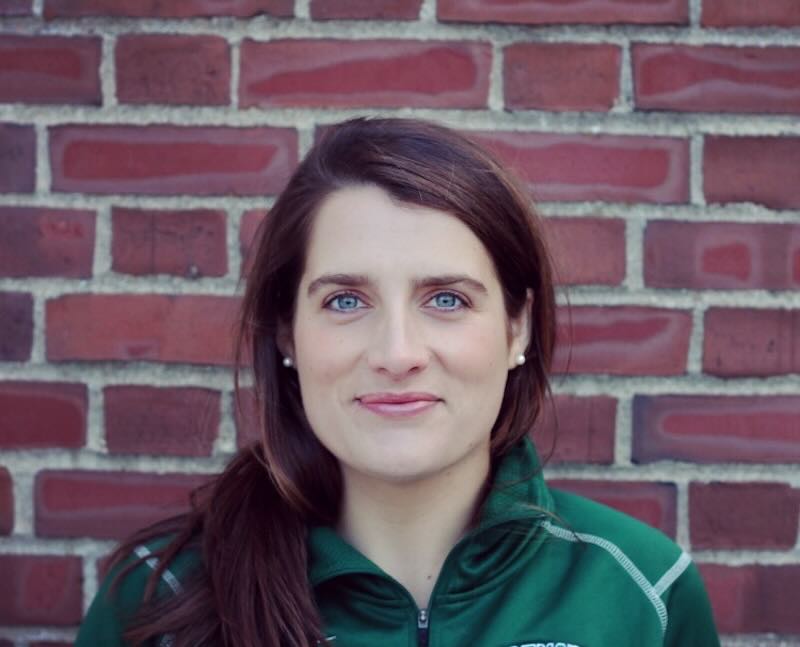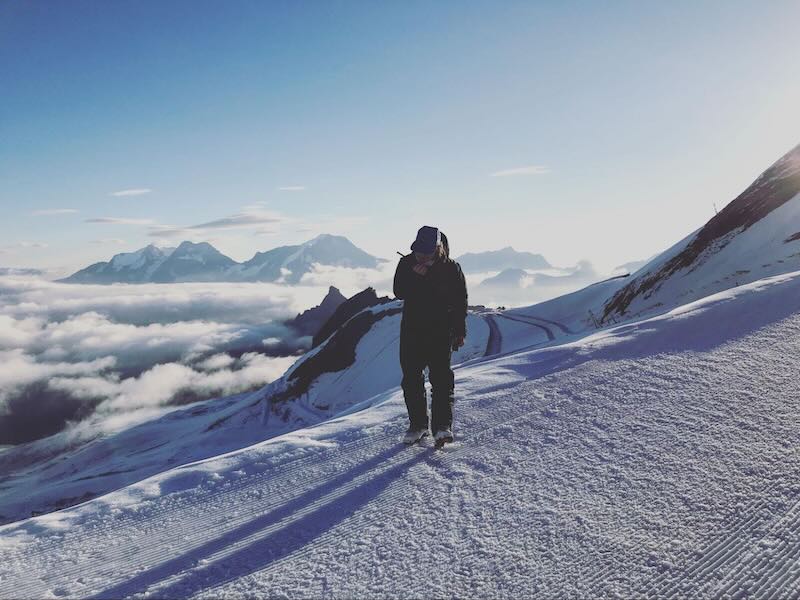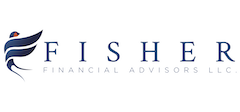KATE ANDERSON – Ford Sayre Alpine Director
Kate has many years of experience in the world of ski racing, including coaching for the past sixteen years. Kate grew up in a family of ski racers here in New Hampshire. Her brother is currently the Head World Cup Coach for the Norwegian Men’s Downhill Team. Most recently she has co-coached a private PG Program, Quantum Sports International, with her father. Kate is not new to the Upper Valley area, having spent a year as the Assistant Alpine Coach for the Dartmouth Ski Team in 2014. Following her time at Dartmouth, Kate received her Master of Science in Kinesiology at the University of New Hampshire while working full-time as the UNH Men’s and Women’s FIS/NCAA Assistant. Among her experience traveling and coaching nationally and internationally, Kate is a member of the US Ski and Snowboard Organization’s Task Force on Gender Inclusion. She is also a level 200 yoga instructor.

What do you find most fulfilling about working at Ford Sayre?
Getting back to grassroots coaching and working with younger skiers who are excited to learn how to race and helping them become passionate about alpine skiing. It has also been really fulfilling to mentor and train the Junior Coaches in the program. It is really special and unique to have racers give back to the community by coaching the next generation of skiers.
Are there any stories that epitomize your Ford Sayre experience as a Director so far?
The Club Cup event (with the Dartmouth Alpine Ski Team) last fall was my first experience seeing the Upper Valley Community come together with the Ford Sayre community. Right away you could see how meaningful this experience was for Ford Sayre skiers of all ages. It makes you realize what a special community we have and the positive influence we have on these skiers’ lives.
Can you give us a sense of what happens during a typical in-season day in your role?
This past season I was heavily involved in coaching FSA. My mornings usually start with emails and a meeting or two with parents or Program Heads. Alpine training is in the afternoon midweek and usually starts around noon or 1pm for FSA. I would make sure I arrived at the hill before the team to begin setup of gate training at the Skiway, Whaleback, or Proctor depending on the day. Training sessions run about 2-3 hours plus driving time to the venue. I spend my time coaching athletes, fixing the course, and videoing. After training we check in with the athletes about the afternoon before we pass around the video on the ipad on the way home in the van. Once I get home it is more emails and planning for the following day’s training session.
How do you define success for your athletes?
If an athlete is passionate about ski racing and excited to show up and work hard during training while having fun and enjoying being outside then I would say this athlete is successful whether or not they are focusing on goals to become a faster ski racer or just a better teammate.
Best Piece Of Advice You’ve Ever Been Given?
Don’t change who you are to coach an athlete. Show up as you – so they know you are being your authentic true self.
What’s The Most Adventurous Thing You’ve Ever Done?
Traveling and hiking in Switzerland solo after coaching in Saas Fee for a ski camp.
What’s Your Favorite Non-skiing hobby?
Hiking and trail running (working on coming back from an injury)
Tell us one item on your bucket list? Moving to Europe for an extended period of time.






